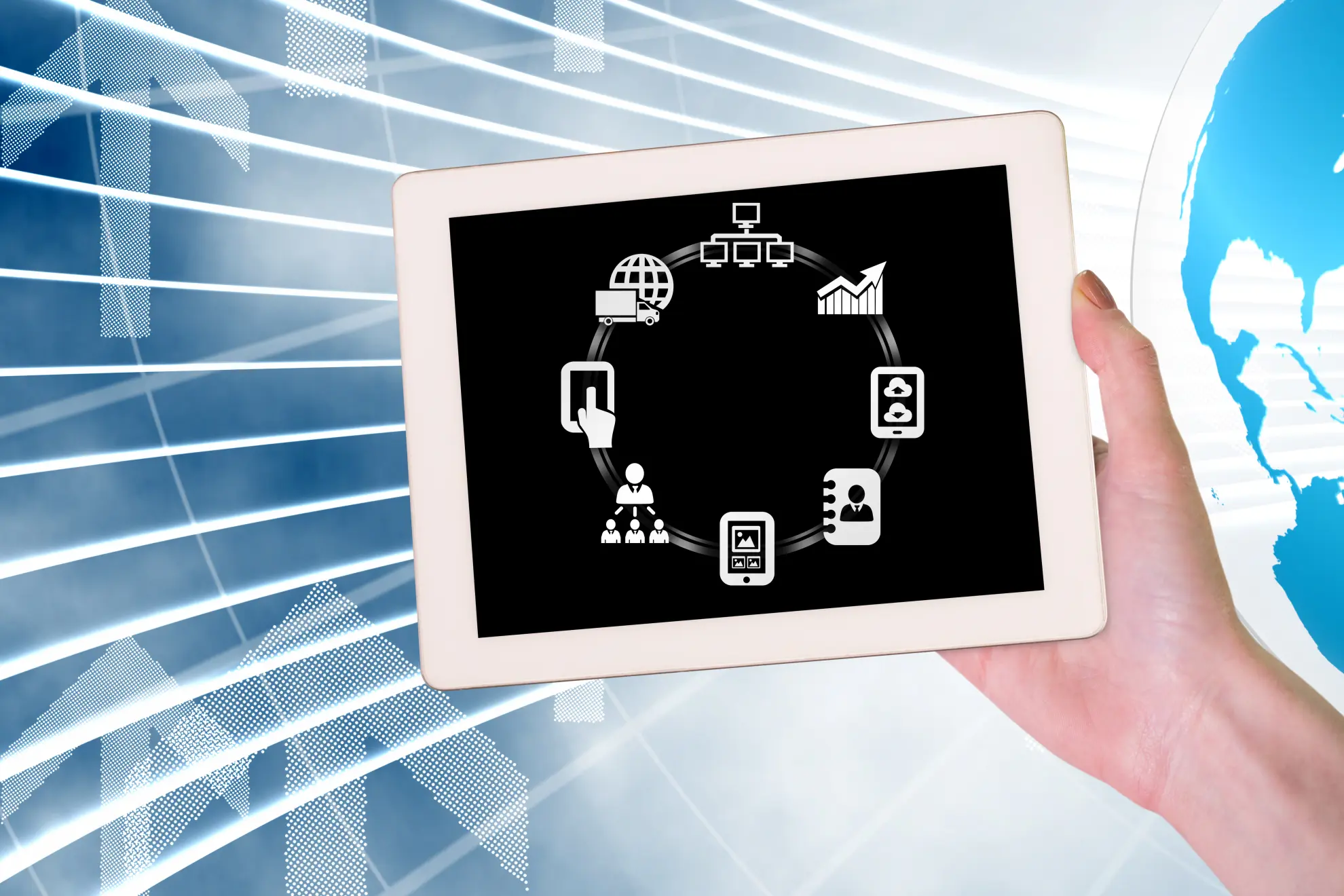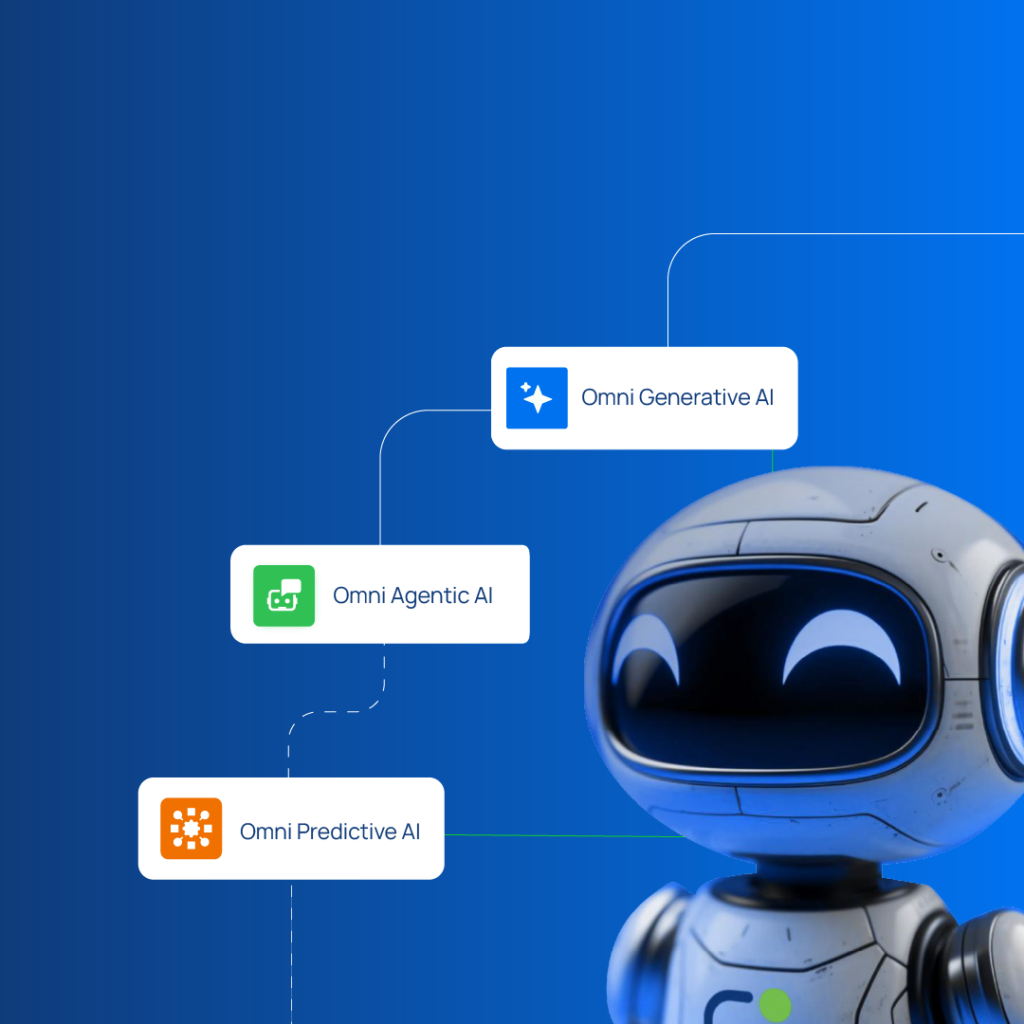Article
Omnichannel vs Multichannel: Choose the Ideal Strategy


Omnichannel vs Multichannel: Which One Fits You?
The battle between omnichannel vs multichannel in modern marketing has gained significant relevance. Each approach offers unique benefits, but also key differences that can directly impact how brands interact with their customers. That’s why today we want to help you by exploring both concepts in depth so you can decide which one is best for your business.
What are omnichannel and multichannel?
Communication with customers has evolved, and now companies have various digital and traditional channels at their disposal to reach their audience. The multichannel approach uses several of these channels independently, while the omnichannel approach seeks to integrate all touchpoints into a seamless and coherent experience.
In summary:
Omnichannel vs multichannel: the former prioritizes total integration, while the latter focuses on using multiple channels independently.
Multichannel marketing focuses on offering multiple options for customers to interact with the brand.
Omnichannel marketing focuses on integrating and synchronizing all channels to create a unified experience.
What is the multichannel approach and what benefits does it bring?
The multichannel approach is a strategy that uses different channels, such as social media, email, physical stores, and websites, to communicate with customers. Each channel operates independently, allowing companies to diversify their reach and adapt to individual user preferences.
Benefits of the multichannel approach
Greater reach: By using multiple channels, companies can reach broader and more diverse audiences.
Flexibility: Allows customers to choose how and where to interact with the brand.
Independent strategies: Each channel can be optimized for its specific function.
However, the lack of integration between channels can result in a fragmented experience for customers.
What is the omnichannel approach and what benefits does it bring?
On the other hand, the omnichannel approach seeks to connect all communication and sales channels to offer a coherent and uninterrupted experience. Instead of operating separately, the channels are synchronized to work as a unit.
Benefits of the omnichannel approach
- Improved customer experience: Customers enjoy seamless interaction, regardless of the channel they choose.
- Advanced personalization: Thanks to data integration, it’s possible to offer relevant and personalized content at each stage of the customer journey.
- Increased loyalty: Consistency in experience strengthens the relationship with customers.
- Better data analysis: Integration allows for information gathering from all touchpoints, improving decision-making.
The omnichannel approach may require a significant technological investment, but the long-term benefits often far outweigh the initial costs.
Differences between multichannel and omnichannel
To choose between these approaches, it’s essential to understand the key differences:
| Feature | Multichannel | Omnichannel |
| Definition | Use of multiple independent channels. | Integration of all channels into a unified experience. |
| Customer-brand interaction | Fragmented. | Fluid and coherent. |
| Data analysis | Limited to each channel. | Centralized and deep. |
| Customization | Minor, as the data is not integrated. | High, thanks to the synchronization of information. |
The choice between omnichannel vs multichannel will depend on the specific needs of your business and your strategic objectives.
What to choose for your business?
The decision between an omnichannel or multichannel approach is influenced by several factors, such as your budget, the size of your company, and your customers’ expectations. Here are some points to consider:
- Know your customer: If your customers expect a seamless and personalized experience, the omnichannel approach is the best option.
- Evaluate your resources: If you have limited resources, starting with a multichannel approach can be a good idea while you prepare to evolve towards omnichannel.
- Competition: Analyze how your competitors are operating and if they are using successful omnichannel strategies.
- Technology: Consider the capacity of your technological infrastructure to integrate data and channels.
At indigitall, we are omnichannel marketing automation professionals, helping companies implement personalized strategies that generate optimal results. Our unique dashboard allows you to manage all your channels centrally, facilitating the transition to an omnichannel model.
How to implement an omnichannel strategy in your company
To achieve an effective omnichannel strategy, you need to follow different steps:
- Data analysis: Centralize information from different channels to better understand your customer. Identify specific patterns and needs.
- Technological integration: Ensure that your systems are compatible to share data and offer a seamless experience. Consider platforms like indigitall to facilitate this process.
- Team training: Train your employees to ensure they understand and correctly use the omnichannel strategy. This includes technical skills and a customer-centric approach.
- Pilot tests: Implement the strategy in a limited area before expanding it to the entire organization. This will allow you to adjust and optimize processes.
- Measurement and optimization: Continuously track results and adjust the strategy as necessary to maximize its impact.
Now you know the differences between omnichannel vs multichannel and, as you can see, with a well-implemented omnichannel strategy, your company will be in a solid position to improve customer experience and increase long-term loyalty.
Both omnichannel and multichannel marketing have their advantages and challenges, but the most important thing is to choose the approach that best aligns with your business objectives and your customers’ expectations. At indigitall, we are experts in marketing automation and creating unique experiences for your customers. Contact us today and discover how we can help you implement the perfect strategy for your brand!











